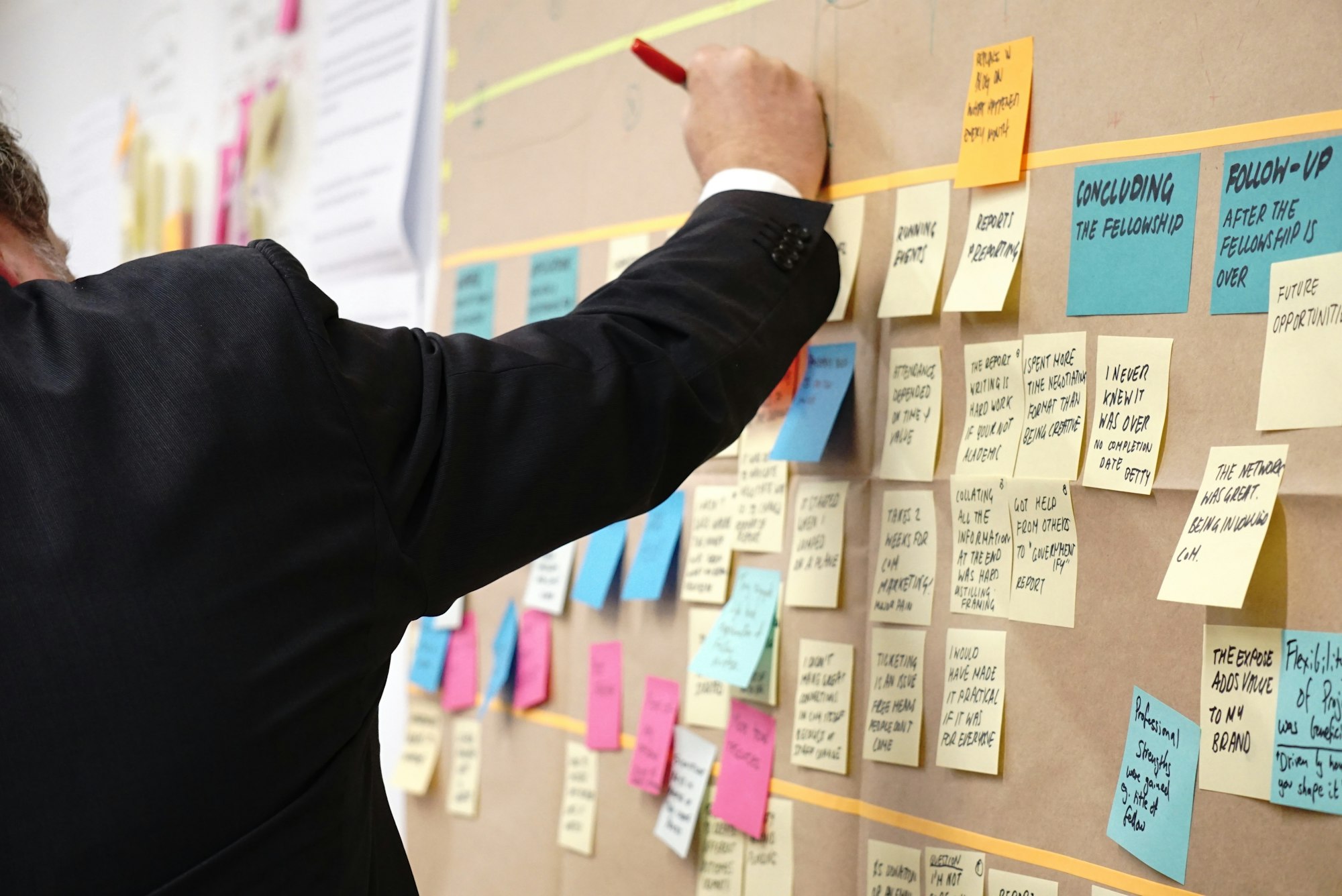How to Become Better at Project Management in 2025: 7 Skills to Gain

Stepping into the role of a project manager is like navigating a ship through uncharted waters—it's exciting, demanding, and requires a diverse set of skills to stay on course. Whether you're spearheading your first project or looking to refine your approach to managing complex ventures, enhancing certain skills can transform the way you lead and deliver results.
From emotional intelligence to mastering data analytics, acquiring these skills elevates your performance and sets a higher standard for what effective project management looks like.
7 Skills to Gain to Become a Better Project Manager
Embark on a journey to project management excellence by honing seven essential skills. From leadership to tech know-how, these abilities will elevate your projects to new heights in 2025.
1. Adaptive Leadership
In project management, adaptive leadership is a style that has gained significant traction. It involves being flexible and open to change. As an effective adaptive leader, you'll assess situations in real-time and tweak your approach accordingly to overcome challenges.
This leadership style also emphasizes learning from experience—both successes and failures. By reflecting on what worked well and what didn't, you cultivate a culture of continuous improvement within your team, promoting innovation and agility within the project life cycle.
2. Technological Savviness
Whether you're managing a sprawling international endeavor or a tight-knit local project, familiarizing yourself with cutting-edge technology is non-negotiable.
To improve project management with online tools, embrace platforms and software designed to streamline communication, enhance collaboration, and automate routine tasks.
It's about learning how machine learning can predict task durations or resource allocation issues before they become problems. Not only does this savviness keep your projects ahead of the curve, but it also positions you as an indispensable asset in an increasingly digital workplace.
3. Emotional Intelligence
Emotional intelligence (EI) is an indispensable asset for any project manager. It reflects the ability to perceive and assess emotions, not just within oneself but also among team members. Notice the feelings that influence behaviors and adjust your leadership style accordingly.
Cultivating EI in project management means developing empathy toward others and understanding the undercurrents of team dynamics. High emotional intelligence helps in resolving conflicts, motivating team members, and managing stress effectively.
Open communication, another skill all project managers need, can also help you improve your emotional intelligence. Most employees will simply tell you what they need.
4. Data Literacy
In an age where data drives decisions, a project manager's ability to understand and interpret data is vital. Data literacy goes beyond just reading numbers. It involves extracting meaningful insights from data trends and statistics that inform project direction.
Becoming data literate allows for precise tracking of progress and measurement against objectives, fostering transparency with stakeholders. A command over data ultimately translates into better foresight, planning, and execution throughout your projects.
5. Risk Management
Risk management is an essential domain of project management expertise. As a project manager, your foresight in anticipating potential setbacks plays a crucial role in preventing them. You'll need to identify and evaluate risks to minimize their impact or avoid them altogether.
To excel in risk management, develop mitigation strategies and contingency plans. Maintaining open communication channels about potential risks with your team and stakeholders creates a culture of awareness and readiness. By continuously monitoring risks throughout the project lifecycle, you can adapt as necessary, ensuring the smoothest path toward your goals.
6. Effective Communication
Mastering effective communication is critical to your success as a project manager. It's the glue that holds your project team and all stakeholders together, ensuring everyone is on the same page. You must be clear, concise, and consistent in every message you deliver.
Moreover, good communication skills are not just about broadcasting information but also about active listening. Taking the time to understand concerns and feedback from team members builds trust and fosters a collaborative environment. Your ability to engage in two-way communication will boost team morale and enhance their problem-solving capabilities.
7. Time Management
Allocating your time efficiently is paramount for any project manager. This skill ensures not only that deadlines are met but also that work quality doesn't suffer from a rushed process.
It's about striking the right balance between speed and performance, scheduling tasks strategically to maximize productivity across your entire team.
The art of time management extends to personal disciplines as well. By managing your schedule effectively, you set a professional example while also carving out opportunities to reflect and plan—key activities for preemptive problem-solving and continuous improvement. Your mastery of time shapes the efficiency and success of the entire project.
In Conclusion…
Embarking on the journey to enhance your project management skills is the first step toward a future of successful projects and professional growth. Remember that each skill you develop not only adds to your toolkit but also amplifies the potential of every team you manage. So commit to continuous improvement because when you grow, so do your projects' chances for success.